The Mind-Spine Connection | Video Series (Part 2: Body Attunement)
This is the second of four videos in the Mind-Spine Connection series where I sit down with my personal chiropractor to explore how our spinal health impacts our mental health.
In part two above, Dr. Sydne and I discuss the practice of "attunement" or paying attention to our body and the various channels through which we can pay attention in a safe and gentle way.
We explore:
structural changes that can occur in the body when emotions go unaddressed
what the process of attunement really involves, including the overlooked aspects of self-soothing and discerning whether we even have capacity to mindfully tune in
two specific channels through which we can pay attention to our body (one structural, the other based in compassionate curiosity)
ways to use these channels so that emotions are not displaced in the body, causing misalignment in the spine and joints
A simple practice to disrupt stress breathing patterns and the body's stress response.
Learning body awareness skills is a transformative anchor in my clients' healing process. In fact, over the years I've noticed that body awareness is the difference between those who eat in a flexible manner, trusting their food choices, and those who identify as emotional eaters. Those who find it challenging to be present and attentive to body sensations such as exhaustion, pain, hunger, or emotional discomfort are more likely to turn to food for non-food reasons or experience food guilt.
Paying attention in the ways discussed in the video allows us to more readily identify and meet our needs in an accurate and fulfilling way. If you feel ready for this step, body awareness is an act of self-honoring that, as repeated, builds self-trust, flexibility, and resilience.
That being said, body awareness is not the only act of self-honoring. For those with a history of trauma or complex PTSD, body awareness may not feel like a safe or accessible practice yet. That's perfectly okay. It is strongly encouraged that you seek out mental health support that is appropriate for you and where you are in your healing.
